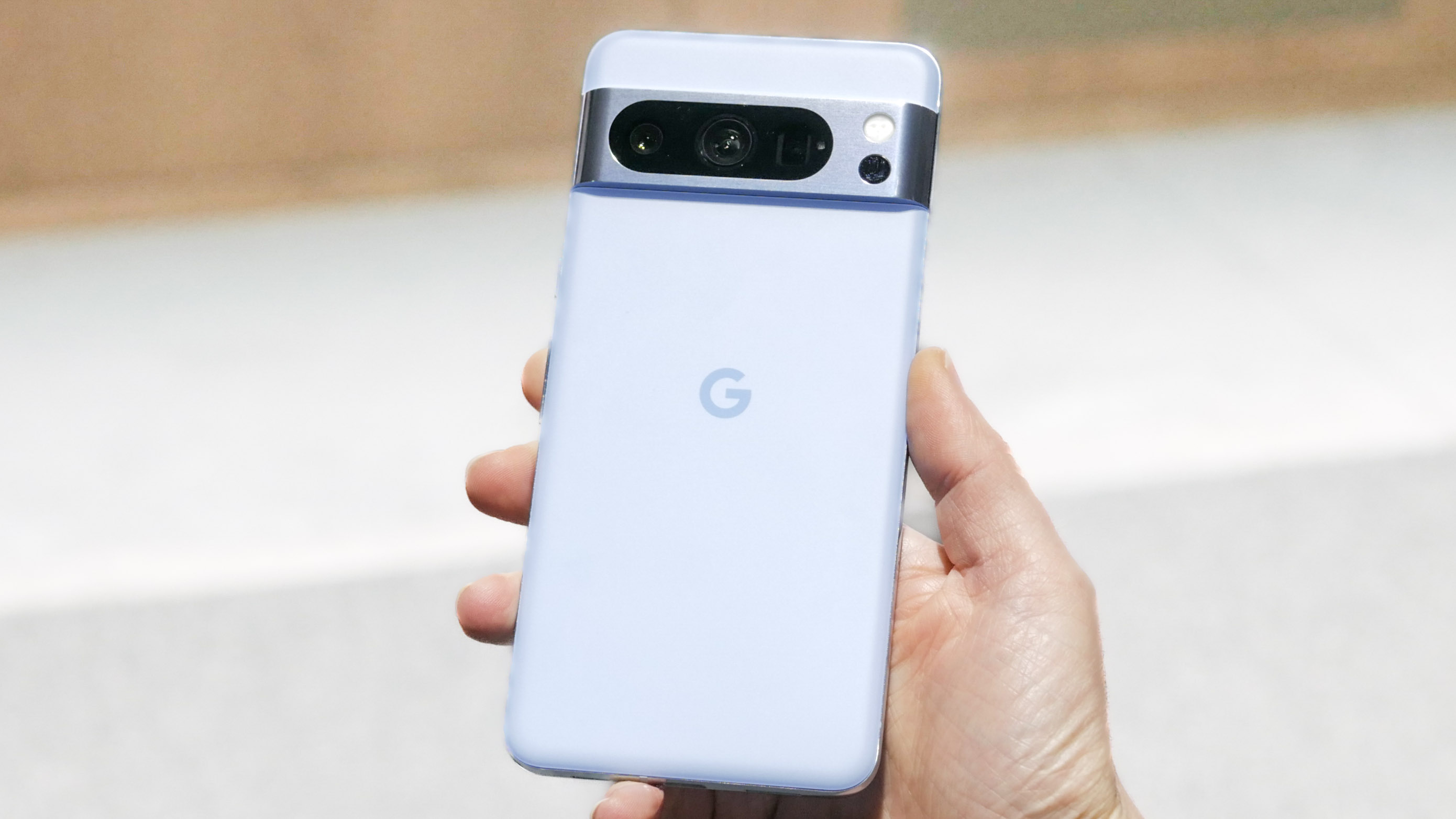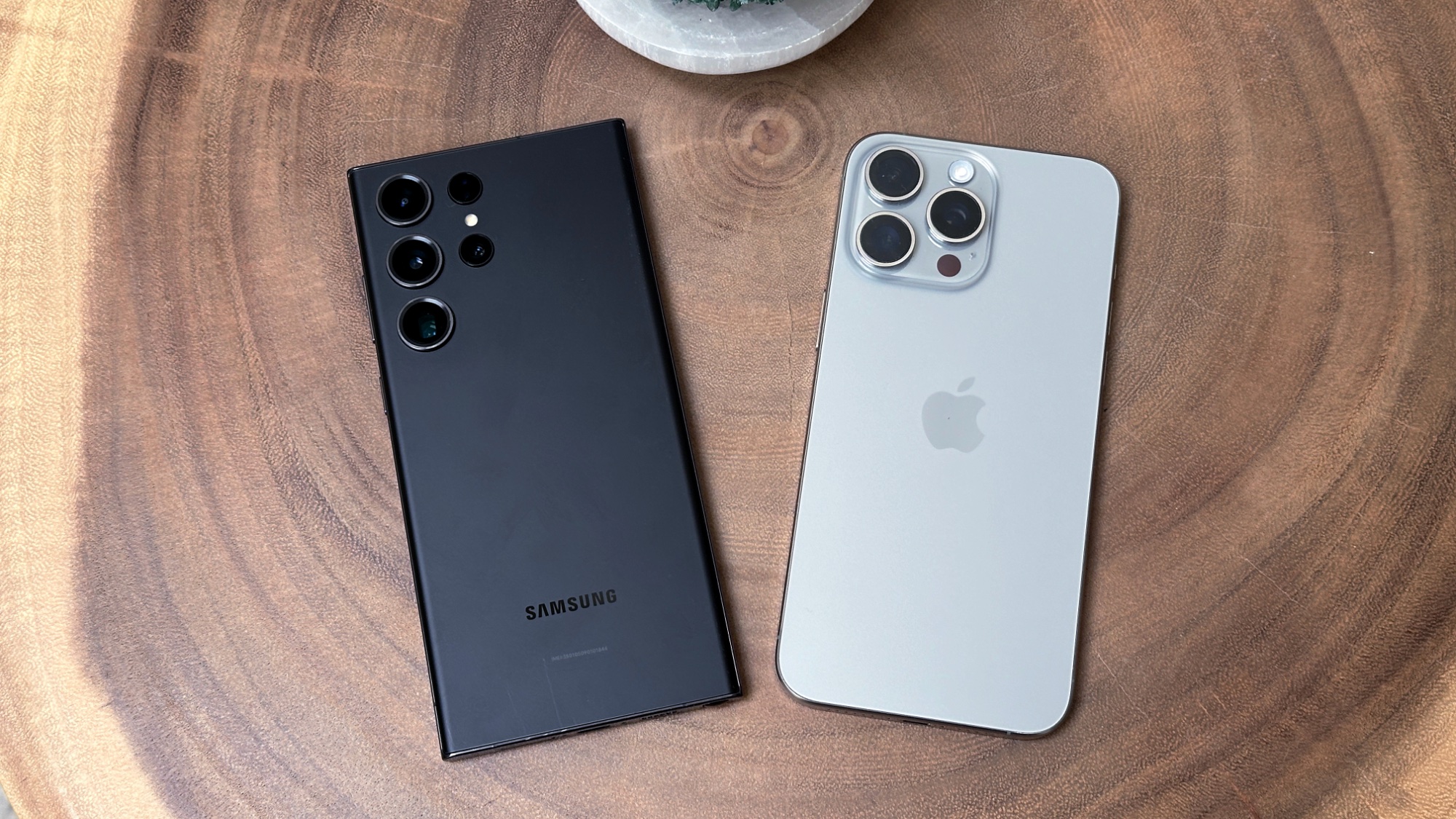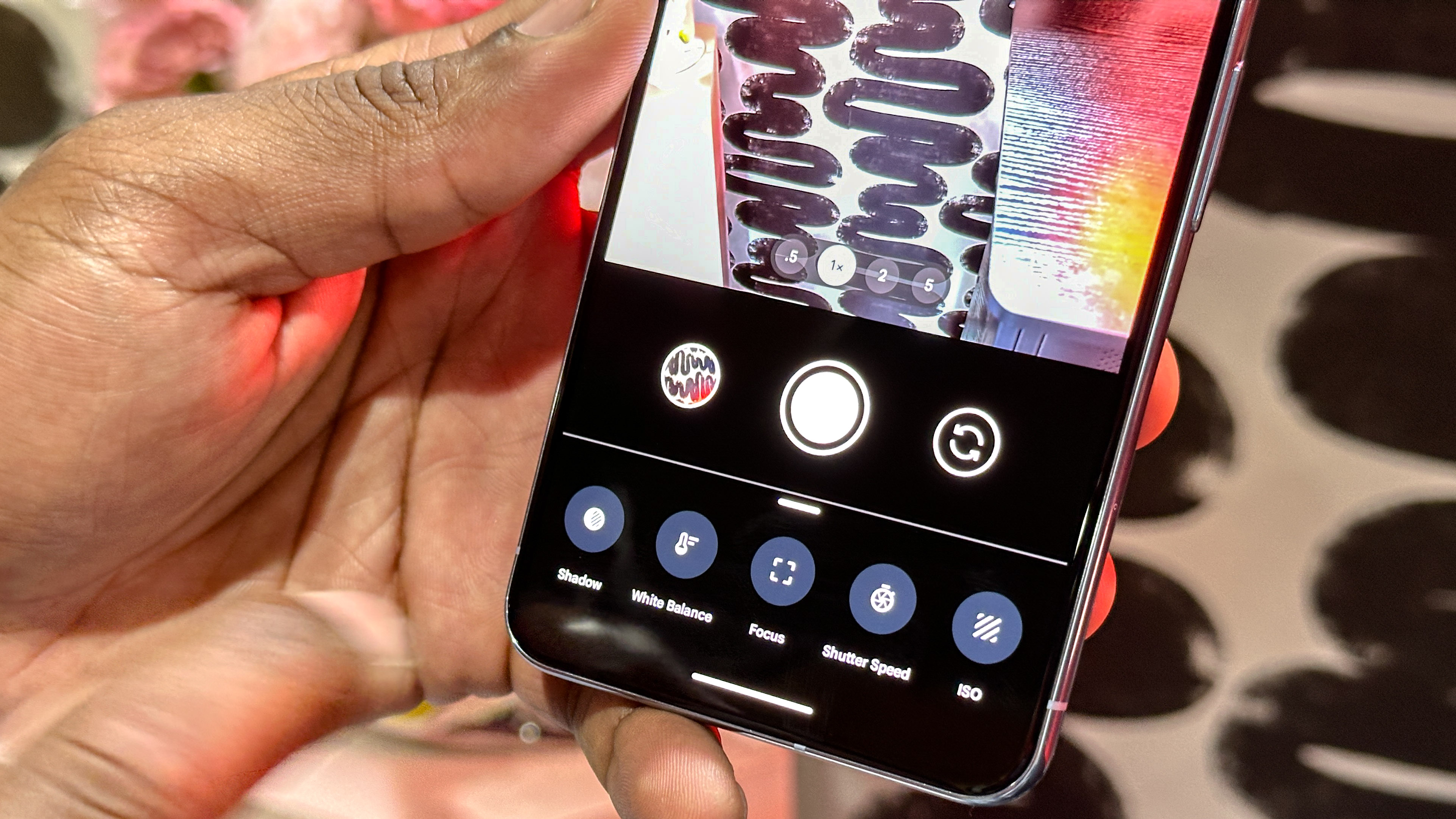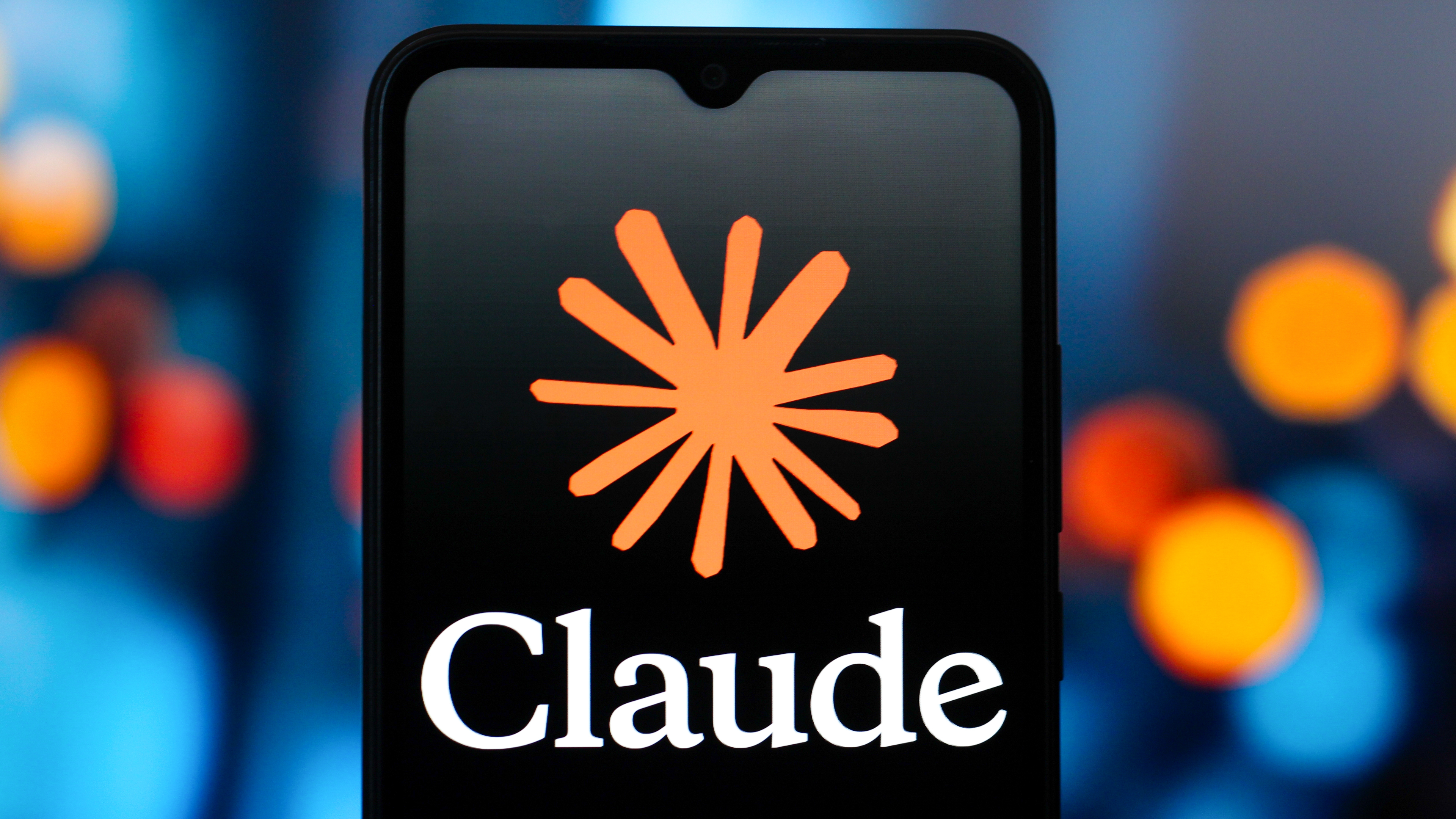The Google Pixel 8 Pro didn’t get this upgrade — and it’s a problem
Apple made the upgrade, so did Samsung

Here at Tom’s Guide our expert editors are committed to bringing you the best news, reviews and guides to help you stay informed and ahead of the curve!
You are now subscribed
Your newsletter sign-up was successful
Want to add more newsletters?

Daily (Mon-Sun)
Tom's Guide Daily
Sign up to get the latest updates on all of your favorite content! From cutting-edge tech news and the hottest streaming buzz to unbeatable deals on the best products and in-depth reviews, we’ve got you covered.

Weekly on Thursday
Tom's AI Guide
Be AI savvy with your weekly newsletter summing up all the biggest AI news you need to know. Plus, analysis from our AI editor and tips on how to use the latest AI tools!

Weekly on Friday
Tom's iGuide
Unlock the vast world of Apple news straight to your inbox. With coverage on everything from exciting product launches to essential software updates, this is your go-to source for the latest updates on all the best Apple content.

Weekly on Monday
Tom's Streaming Guide
Our weekly newsletter is expertly crafted to immerse you in the world of streaming. Stay updated on the latest releases and our top recommendations across your favorite streaming platforms.
Join the club
Get full access to premium articles, exclusive features and a growing list of member rewards.
I honestly had low expectations for the Pixel 8 Pro — so much so that I largely didn’t pay much attention to all the leaks in the build-up to the phone's release this week. However, my mind quickly changed once the Pixel 8 Pro was officially announced at the Made by Google event, and I got to check it out in person during my hands-on time.
It's an impressive phone, but there was one odd thing that flew under the radar and got under my skin. The Pixel 8 Pro features a godawful 128GB of storage in its base model.
For the last few years, 128GB has been the industry standard for most high-end smartphones. But as we’ve seen this year, that’s all changed. Google spent a lot of time talking about all of the Pixel 8 Pro's cool new features, like the enhanced Call Screen capabilities that actually make Google Assistant sound and act more like a real assistant. Then there’s also the new Pro Controls and Magic Audio Eraser with the cameras — but while they all add greater depth to the phone’s utility — I’m still shocked that Google neglected to up the storage of the device.
Making 128GB as the starting storage option is unacceptable for a high-end flagship phone in 2023. Here’s why.
Other flagships start with 256GB of storage

Like I mentioned, the Pixxel 8 Pro's two biggest rivals both start off at 256GB of storage. What’s even more astounding was that Apple decided to give the iPhone 15 Pro Max the upgrade treatment, going from the previous 128GB starting storage of the iPhone 14 Pro Max to 256GB. I didn’t expect that to happen because Apple usually waits longer than other phone makers to increase capacity on its phones.
Then again, the Samsung Galaxy S23 Ultra arrived earlier in the year and Apple probably didn’t want its main rival to take the storage spotlight. That's why it really doesn’t benefit the Pixel Pro 8 to start off with 128GB. I understand that it makes sense for the $699 Pixel 8 to go that route, but the extra $300 Google charges for the Pixel 8 Pro demands greater capacity.
Camera-centric phones deserve more storage

Google talked big about the cameras of the Pixel 8 Pro. All of the new Google AI experiences powered by the Tensor G3 are motivating people to use their phone's cameras more than ever before. The Pixel 8 Pro's main 50MP camera is a strong contender in catapulting the Pixel 8 Pro as one of the best camera phones this year, especially when it can stitch together the perfect family photo shot with Google's new Best Take feature.
Get instant access to breaking news, the hottest reviews, great deals and helpful tips.
Pixel 8 Pro owners would be inclined to shoot a lot more photos due to these new features, along with editing them to perfection — leading me to my point that 128GB is yet again insufficient storage. I understand that Google Photos should help offset some of the load by backing up media to the cloud. However, that also comes with an added cost that could add up quickly.
Take for example one of the Pixel 8 Pro’s exclusive features, Video Boost, which will come to the phone later this year. Video Boost lets you upload RAW videos to the cloud where you can enhance them with the processing muscle of Google’s data centers. The ideal result is an even better -ooking video for you to download later.
These videos have the potential to add up and take up storage space, especially when they’re captured at 4K 60fps. I’m a videographer and know how much these files can be crush your storage.
Low cost storage upgrade options

My frustration about a 128GB Pixel 8 Pro could’ve easily been remedied with an expandable storage option. But you know what? It’s been years since a microSD slot was included in a Google-made smartphone, so there’s no practical method of expanding its paltry starting storage — unless you’re willing to pay more.
Pixel 8 Pro models with 256GB, 512GB, and 1TB capacities cost $1,059, $1,179, and $1,399 respectively. At least, these options actually give you better storage bang for the buck than the 1TB iPhone 15 Pro Max, which sets you back $1,599 .
These are great alternatives to solving my unquenchable storage thirst, but it’s still mind-boggling that Google thinks it’s appropriate to start out at 128GB. I’ve been using the Galaxy Z Fold 4 for more than a year now, and when I take a quick peek at its storage tally, I’ve already used up 81% of the 256GB of internal storage — so there’s no way I could properly transfer everything to the Pixel 8 Pro.
More from Tom's Guide
- Google Pixel 8 Pro temperature sensor — here's what it can do
- Google Pixel 8 — 5 reasons to buy and 3 reasons to skip
- Google Pixel 8’s Face Unlock just got a killer upgrade — what you need to know

John’s a senior editor covering phones for Tom’s Guide. He’s no stranger in this area having covered mobile phones and gadgets since 2008 when he started his career. On top of his editor duties, he’s a seasoned videographer being in front and behind the camera producing YouTube videos. Previously, he held editor roles with PhoneArena, Android Authority, Digital Trends, and SPY. Outside of tech, he enjoys producing mini documentaries and fun social clips for small businesses, enjoying the beach life at the Jersey Shore, and recently becoming a first time homeowner.
 Club Benefits
Club Benefits










